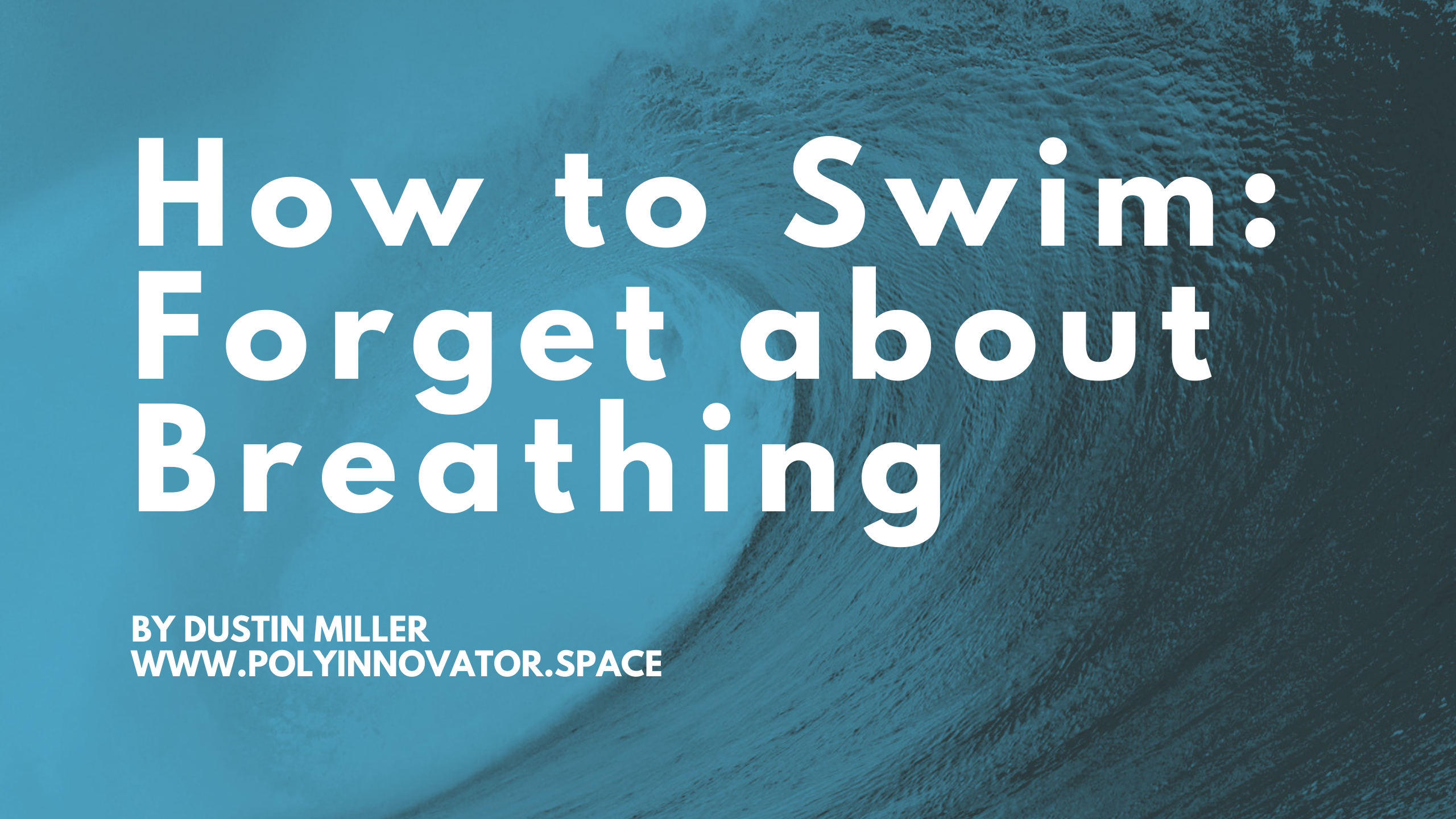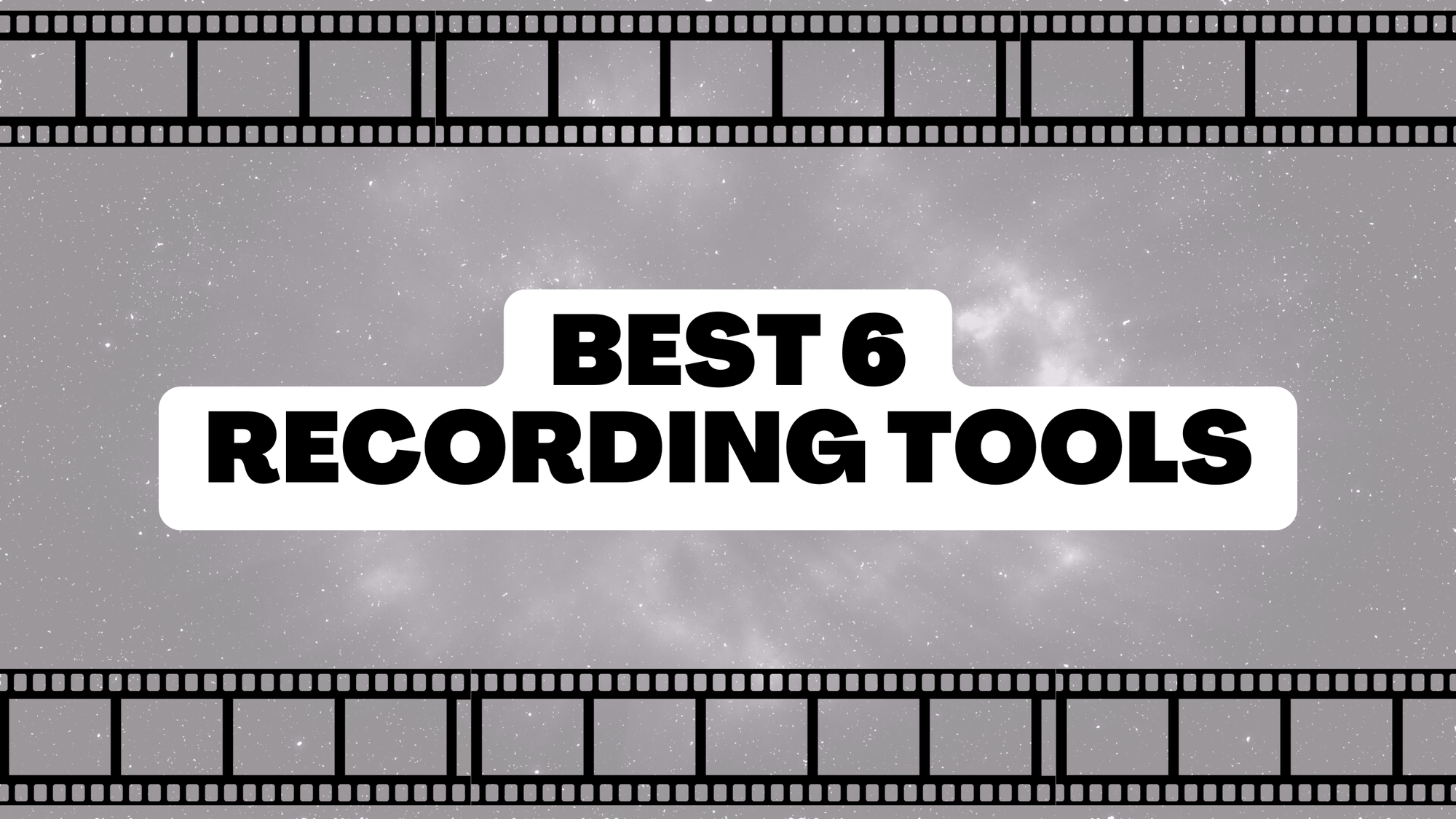You might say, Dustin but I NEED to breath! No, no you don't. Swimming is NOT about breathing, it is about MOVING through the water. The literal physics of moving forward or backward.
After my nearly 7-8 years of teaching swimming at this point I noticed that pareto's principle comes into play. 80% of what I teach is the philosophy and "Three Simple Steps" to swimming I came up with to simplify my teachings. Which you can check out the post on that.
However, I long for the students that are ready for that final 20%, for which I rarely get to teach that stuff. I always say I could teach the likes of Michael Phelps something new even.
This what today's post is about ^, the breathing aspect. As simple as much of this will sound on "paper"; In practice there is a lot more to it, and it is hard because you are fighting against your natural urges.
Breathing In and Out
So I am going to assume that here on out you know how to swim either well or great. They say give your best information out for free, and the people will come. That is what I am doing here, although it isn't everything I have to offer of course. There is a lot more! This is something that when you can master it, there are a lot of physical rewards especially with swimming. (It can help other areas of life as well!)
Disclaimer: This is to show you the physical response, please do not keep holding if you are light headed!
Okay so in a basic sense hold your breath, right now. No seriously do it. Keep holding. I didn't say let it out, so keep it.... keep it. Okay release. (Ideally you'd be out of breath when I said keep it, so hold it longer if you need to)
You didn't feel too great did you? Well no, you literally were holding your breath, all when your brain was saying HEY I NEED TO BREATHE.
Here is the deal though, you didn't actually NEED to breathe. When you inhale you take in oxygen, and exhale you breathe out CO2. We all know this from basic biology, but did you know that our bodies (particularly brain being most important) can go for 3 minutes without fresh air? It is certainly for extreme circumstances like flight or fight.
Although, when that is put into the picture holding your breath for 30 seconds doesn't seem so bad does it?
The Physical Reaction
Now try it again, hold your breath for as long as you can, then hold for 10 more seconds after. Again be careful. Now at the end you didn't feel great right? The tightening in your chest, tenseness in your arms perhaps, maybe even a bit light headed if for too long.
All of that is the body's physical response to the CO2 in your body, and it is telling you to RELEASE it. Of course when you breath again you're gonna feel better because the rythym resets. (that is important for a later post)
Now in order to think about this differently check this out. When you "feel like you need to breathe", it is NOT the need for replenishing your oxygen (I mean to a degree it is but not as much as you'd think). Rather it is the fact that you need to dispel the carbon dioxide from your system. When you can make that click in your brain it solves so many problems when swimming.
The Trick is...
So when you are feeling that tightness your instinct is to turn your head out of the water and breath. Or if your swimming knowledge isn't up to par you may throw your head up out and pant. That is something I see often too, although that is bad for your neck/spine.
Not to mention defeats the purpose of swimming. If you are spending all your time underwater thinking "Oh when am I going to breath next??" then you are just wasting your time. No I'm serious, stop and stand up. Stop wasting your mental energy on holding your breath. If you panic a lot, then that is understandable, it is technically natural. Although you shouldn't do it, so just stand up instead until you can stay calm for longer.
Now if you're not in that boat, and can hold your breath for a length of the pool or so. Both of you listen up!
The trick is to simply breath out right before you panic. BEFORE you get the urge to breath, for if you wait until you Need to breath then you will already increase your heartrate from panicing.
Increased heart rate often leads to increased use of oxygen, and therefore less time under water.
Again swimming is not about breathing, it is about movement. If you can stay calmer for longer, then you can swim for longer.
If you breath out right before you feel the urge, then the urge will go away. It takes practice, but you can actually hold your breath for about 33% longer because the CO2 is gone.
Take it with a grain of salt
I'm telling all these secrets to my teaching, but the reason I am is because I'm confident only a small percentage of you will actually try. Even less will be successful.
It isn't an easy task. Your body thinks it is too much CO2, and then you panic. Your brain thinks "oh the lungs are empty, let's leave the water and get more air", don't do that. You have to hold your breath on empty, or damn near close to empty at least.
For some reason we are not comfortable at lung capacity extremes. If you are at 93% or higher capacity then you will feel tense. If you are at 15% or less, then you will feel tight/tense.
It isn't a bad thing, but we panic and change states quickly. That is a failure when it comes to this strategy. Don't feel upset with yourself though, it is literally in our nature to do so. Although that is the point of teaching you an advanced strategy today here though to not be common.
![Official Website for Dustin Miller PolyInnovator [LLC]](https://polyinnovator.space/content/images/2025/03/polyinnovator-logo-2024.png)











